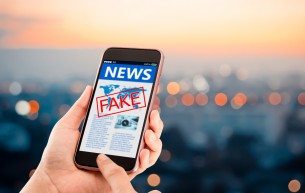
The term “fake news” and its connotations took hold of the country during Donald Trump’s presidency. Still, the proliferation of unchecked journalism and false reporting has led to adopting AI tools to wade through the mess. This begs the question, do online users trust AI to weed out fake news?…
Read more
Fake news is on the rise. And it can be profitable. More than 100 fake news websites existed during the 2016 U.S. presidential election, with many sites making $2,500 or more a day from advertising sponsorship. But what is the risk for brands who, intentionally or unknowingly, sponsor content on…
Read more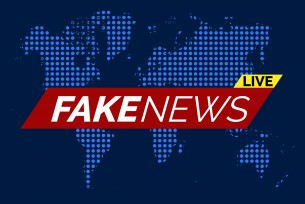
The concept of “fake news” came to light during the 2016 U.S. presidential election. Since that time, claims of fake news, defined as “fabricated news content that mimics news media content in form but is intentionally and verifiably false with the potential to mislead its audience,” has infiltrated the national…
Read more
Sylvia Chan-Olmsted, University of Florida College of Journalism and Communications Telecommunication professor and Media Consumer Research director, and doctoral student Sunny Yufan Qin are the authors of “The Effect of News Consumption on Fake News Efficacy” published in the Journal of Applied Journalism & Media Studies on Oct. 29. Chan-Olmsted…
Read more
In the era of “fake news” and “alternative facts,” it has become increasingly difficult to decipher fact from fiction on social media sites. As a result, warning labels much like those first witnessed on cigarette packages or toxic chemicals are appearing online in the hopes of curbing the dissemination of…
Read more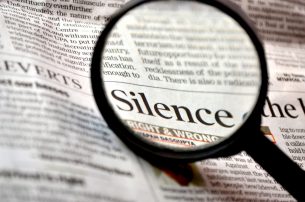
The presidential election of 2016 brought with it multiple accusations of so-called fake news, along with actual examples of fictional stories, such as one that spawned a real-life shooting at a Washington, D.C. pizzeria. With a flood of information from countless sources, it’s increasingly challenging to combat fake news and…
Read more
Andrew Selepak, University of Florida College of Journalism and Communications director of the online Master’s program with a specialization in social media, was quoted d in “Schools May Start Tackling Fake News: #NowWhat“ published in ecosalon on Jan. 18. The article focuses on the prevalence of fake news and the…
Read more
Andrew Selepak, University of Florida College of Journalism and Communications director of the online Master’s program with a specialization in social media, was featured in “How Dangerous is President Trump’s ‘Fake News’ Rhetoric” published on HuffingtonPost.com on July 22. Selepak comments on the rise of non-traditional online “news sources” and…
Read more
by Frank Waddell After the proliferation of fake news during the 2016 election cycle, the journalism field has come to a grim realization: Accuracy is no longer necessary for news to reach a broad audience. This is particularly problematic on social media, where traditional journalistic functions such as gatekeeping aren’t…
Read more
By Paul Mena Fake news is nothing new. Discussions about “fake news” can be traced back for more than a century. However, it is clear that after the shocking rise of false news stories on social media during the 2016 U.S. presidential election, there has been a growing concern about…
Read more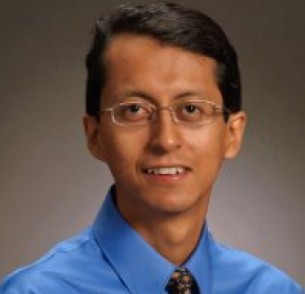
University of Florida College of Journalism and Communications doctoral student Paul Mena will join a panel of educators for a MediaShift Twitter conversation on June 28 at 1 p.m. The discussion will focus on what steps educators are taking now to inform, prepare and inspire the next generation of journalists…
Read more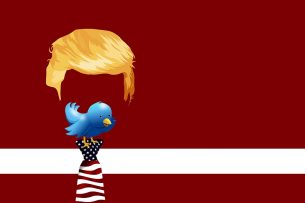
By Clay Calvert President Donald Trump’s fondness for criticizing news organizations, “heckling journalists” and spouting points of public policy via his Twitter account is clear. News of his nomination of Christopher Wray to be the next FBI director, for example, came by tweet. His tweets carry the stamp of government…
Read more